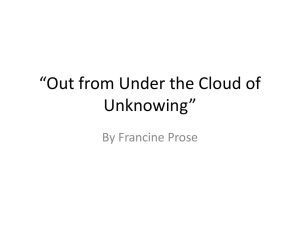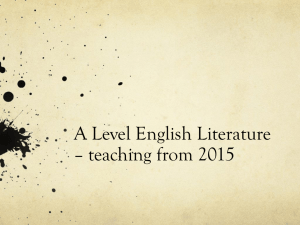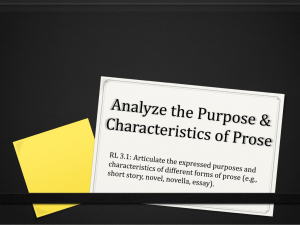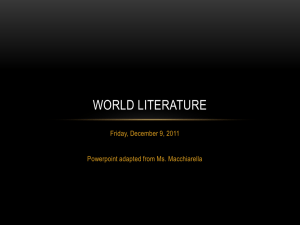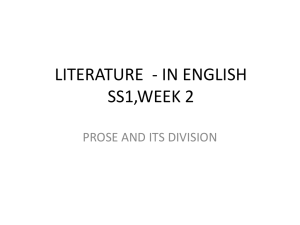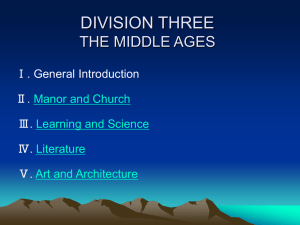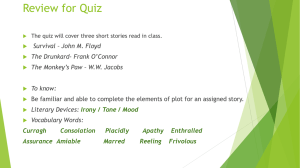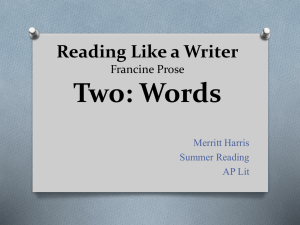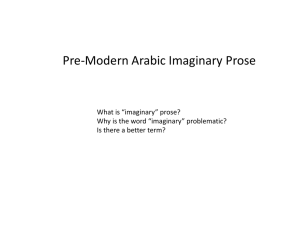APLangIntro1_22_13FrancineProseDay2
advertisement
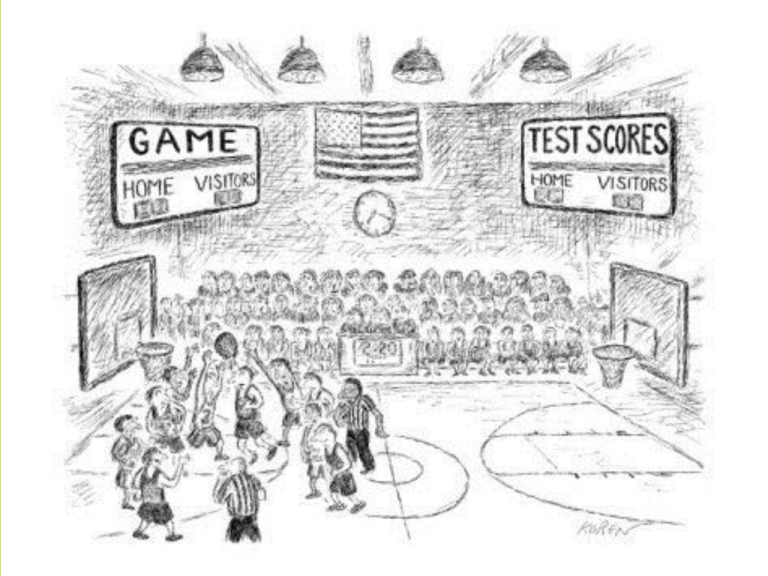
Visual Literacy: Argument “Two Scoreboards” –Edward Koren View the visual argument. Analyze it like you would a written text. What subject is Koren depicting? Does Koren make a claim? If so, what is it? Do the words support the images or vice versa? What point is being made about the relationship between sports and academics? Do you agree? What does the American flag add to the impact of the cartoon? January 22, 2013 “It’s a ‘Treated!’ Tuesday!” AP Language and Composition Mr. Houghteling AGENDA Visual Literacy practice. Reading and Analyzing “I Know Why the Caged Bird Cannot Read.” The use of the Appositive Quick Quiz on Francine Prose Discussion of Homework and summary statements. Visual Literacy: Argument “Two Scoreboards” –Edward Koren View the visual argument. Analyze it like you would a written text. What subject is Koren depicting? Does Koren make a claim? If so, what is it? Do the words support the images or vice versa? What point is being made about the relationship between sports and academics? Do you agree? What does the American flag add to the impact of the cartoon? HOMEWORK Read pages 89 through 92 (paragraph 14) of Francine Prose’s essay. Complete the ODD-numbered questions from Exercise 2 in “Grammar as Rhetoric and Style” (PAGE 171). Creating Summary Statements What is the most important information from the paragraph? Should or could you use a direct quote as part of the summary statement? Creating Summary Statements-Examples 1. Although Prose contends that “literary tastes and allegiances are formed” during high school, she is dismayed by what students are required to read during high school. Creating Summary Statements-Examples 2.Prose gives examples of lists of top books for high schools, and she suggests that many of those “mediocre” books were read when the creators of the lists were young. Creating Summary Statements-Examples 3. Since high school is when these literary tastes are formed, students should be exposed to great literature and taught how to read it. Prose is disgusted by both the choices of texts and how they are taught. Quick Quiz Part 1 1. 2. List two authors (besides Dante or Homer) that Prose likes or respects. List two authors or book titles (besides Maya Angelou) that Prose does not like or respect. Quick Quiz Part 2 3. Discuss briefly who Dante and Homer are. NOTE: Neither Dante nor Homer can be used as a correct answer for #1. Quick Quiz Part 1 1. 2. List two authors (besides Dante or Homer) that Prose likes or respects. List two authors or book titles (besides Maya Angelou) that Prose does not like or respect. Quick Quiz Part 2 3. Discuss briefly who Dante and Homer are. NOTE: Neither Dante nor Homer can be used as a correct answer for #1. Make a Dialectical Journal NOTE-TAKING Quotations NOTE-MAKING Your responses, comments, or questions about the quotations you’ve selected. Answers to Quick Quiz questions 1.Authors Prose likes or respects include Shakespeare, Hawthorne, Melville, Kafka, Alice Munro, Orwell, and the Brontes. Answers to Quick Quiz questions 2. Authors or books that Prose does not like or respect include Harper Lee, To Kill a Mockingbird; Alice Walker, A Separate Peace, the weaker novels of John Steinbeck, Ray Bradbury, and Ordinary People by Judith Guest. Answers to Quick Quiz questions 3. Dante, whose full name was Dante Alighieri, was called the “Father of Italian language” and “The Supreme Poet.” Dante’s most famous work was The Divine Comedy. Homer was the Greek poet who wrote The Iliad and The Odyssey.
